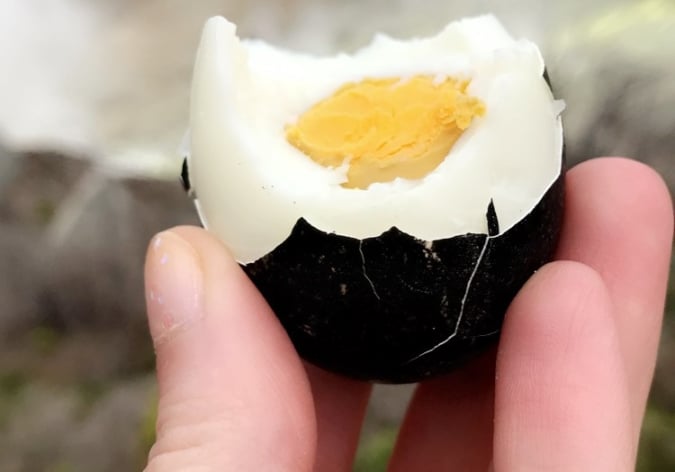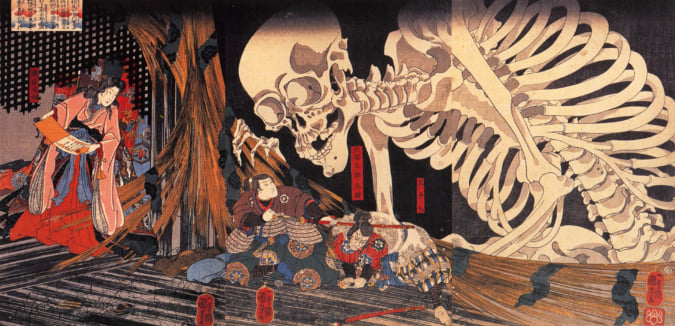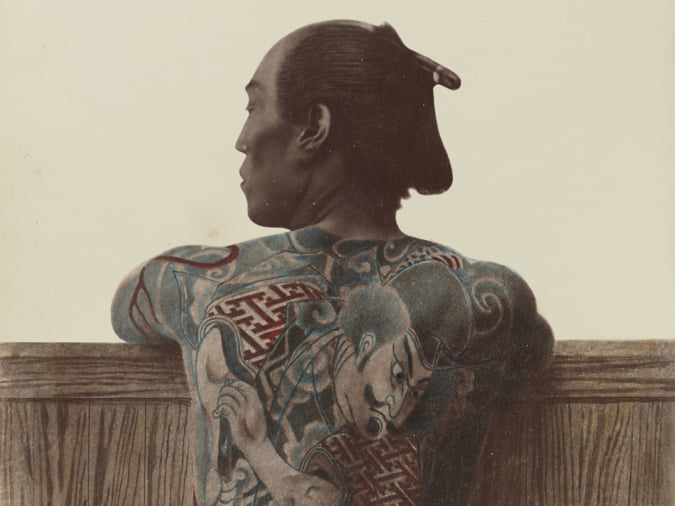When Ronin de Goede Met the Yakuza’s Tattoo Artist
The series of photographs 'Asakusa' plunges the audience into the world of Japanese tattoo art and its links with the criminal universe.
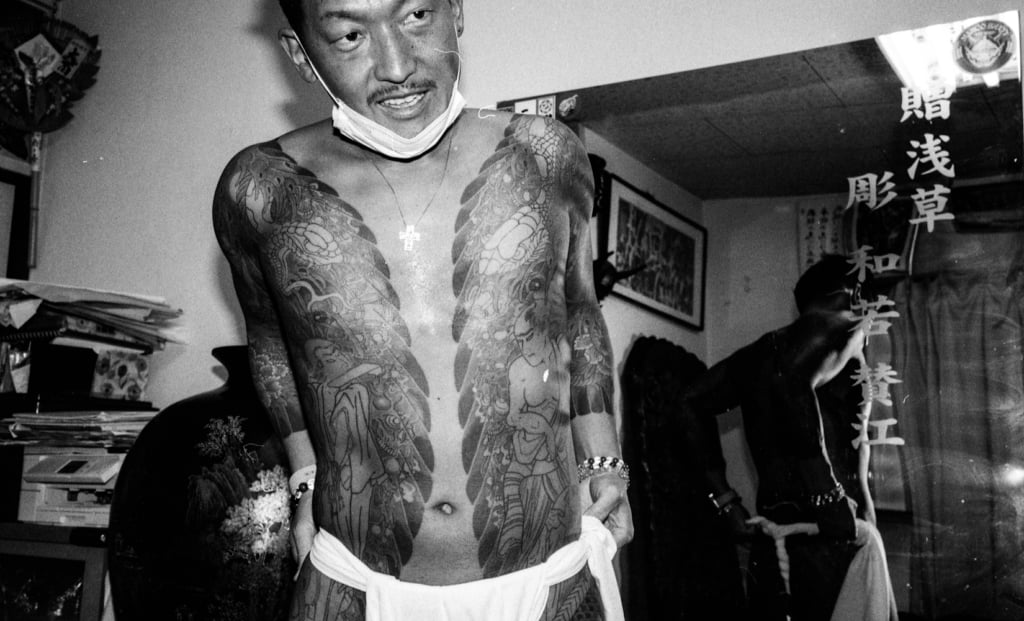
'Asakusa' © Ronin de Goede
In late 2020, the Japanese supreme court ruled that tattooing could become… legal. Until that point, the practice—which had a somewhat scandalous image due to its historic association with the yakuza—was considered a medical procedure, due to the use of needles. No tattoo artists had a medical licence, which made the practice illegal.
In 2017, Dutch photographer Ronin de Goede followed the work of the famous tattoo artist Horikazu Shodai, who is close to the yakuza and specialises in full-body tattoos. The moments they spent together are documented in the series Asakusa (2020).
From Frankfurt to Sanja matsuri
The artist began his project in 2011 when he went to visit the renowned tattoo master Horikazu Shodai. He discovered that he was seriously ill and met his son, also a tattoo artist. The latter took him into his universe. A few months later, the tattooist (who had taken on his father’s name in the interim) travelled to Frankfurt to attend a tattoo convention with some friends. Ronin de Goede thus served as a guide for the group in Europe.
Ronin de Goede returned to Japan in 2016 to complete his series. He showed great discretion during the sessions he observed and got on extremely well with Horikazu Shodai, gaining his trust, and the latter granted him permission to start working and take out his camera.
Over the course of the visits that followed, the photographer, born in 1978, met Horikazu Shodai’s clients, the majority of whom were yakuza members. In addition to the photographs taken in the tattoo artist’s studio, the black-and-white series compiles portraits of clients, photos of gang members in intimate settings, with their families, and images captured during Sanja matsuri, a Shinto festival held in Tokyo. In 2019, he was the official photographer for the largest yakuza group attending the festival, the Takahashi-gumi.
Another facet of Ronin de Goede’s work can be seen in the series Anomie that comprises portraits of women, between a sense of alienation and anarchy.
Asakusa (2020), a book of photographs by Ronin de Goede, is published by Zen Foto Gallery.
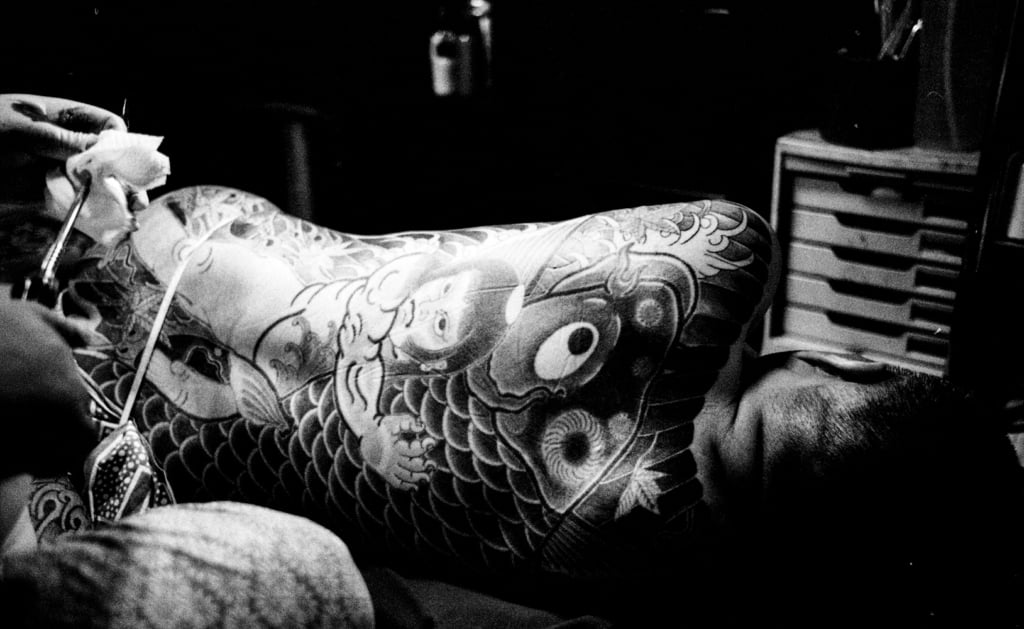
“Asakusa” © Ronin de Goede
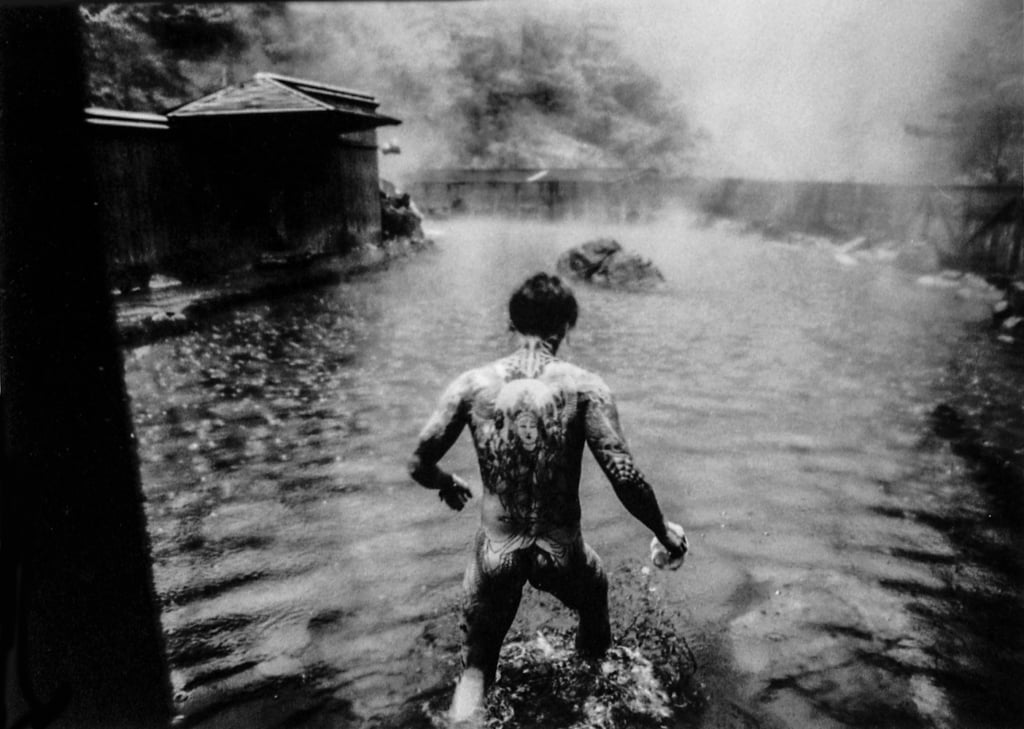
'Asakusa' © Ronin de Goede

'Asakusa' © Ronin de Goede
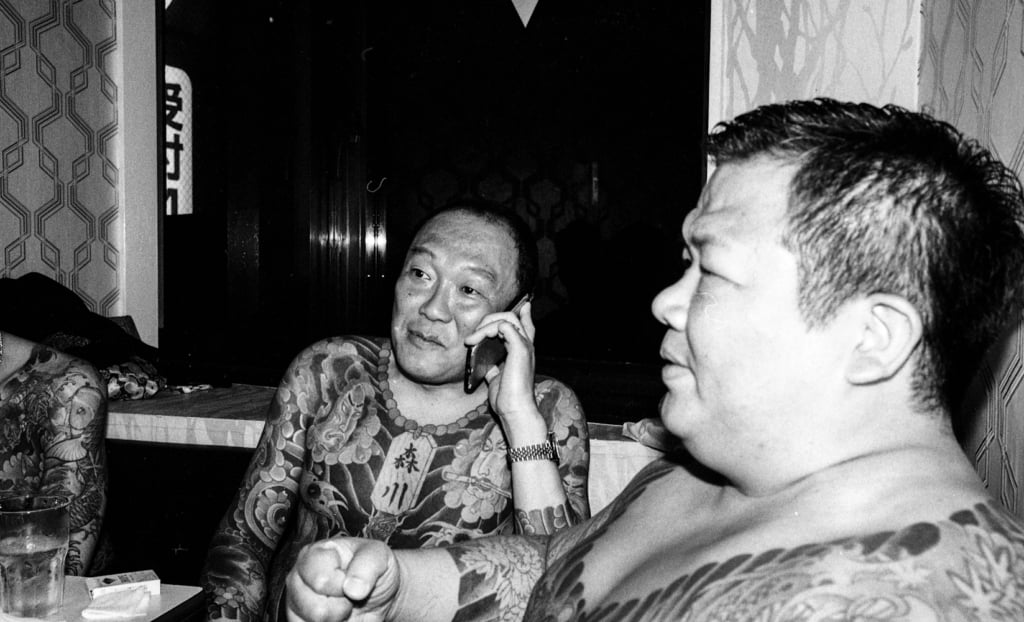
'Asakusa' © Ronin de Goede
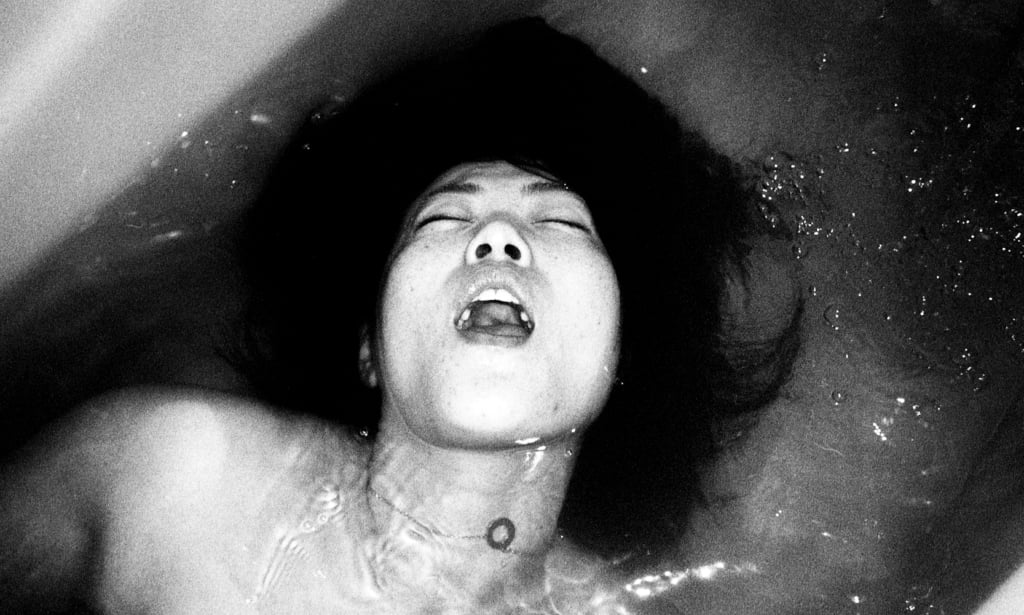
'Asakusa' © Ronin de Goede
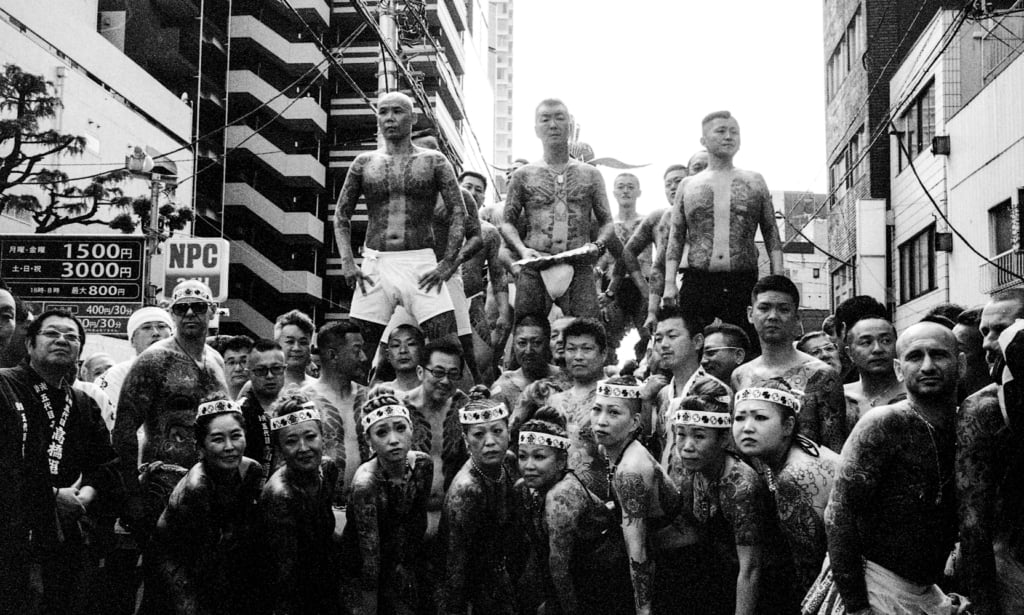
'Asakusa' © Ronin de Goede
TRENDING
-
The Tattoos that Marked the Criminals of the Edo Period
Traditional tattoos were strong signifiers; murderers had head tattoos, while theft might result in an arm tattoo.

-
The Tradition of the Black Eggs of Mount Hakone
In the volcanic valley of Owakudani, curious looking black eggs with beneficial properties are cooked in the sulphurous waters.

-
Gashadokuro, the Legend of the Starving Skeleton
This mythical creature, with a thirst for blood and revenge, has been a fearsome presence in Japanese popular culture for centuries.

-
Colour Photos of Yakuza Tattoos from the Meiji Period
19th-century photographs have captured the usually hidden tattoos that covered the bodies of the members of Japanese organised crime gangs.

-
‘YUGEN’ at Art Fair Tokyo: Illumination through Obscurity
In this exhibition curated by Tara Londi, eight international artists gave their rendition of the fundamental Japanese aesthetic concept.


